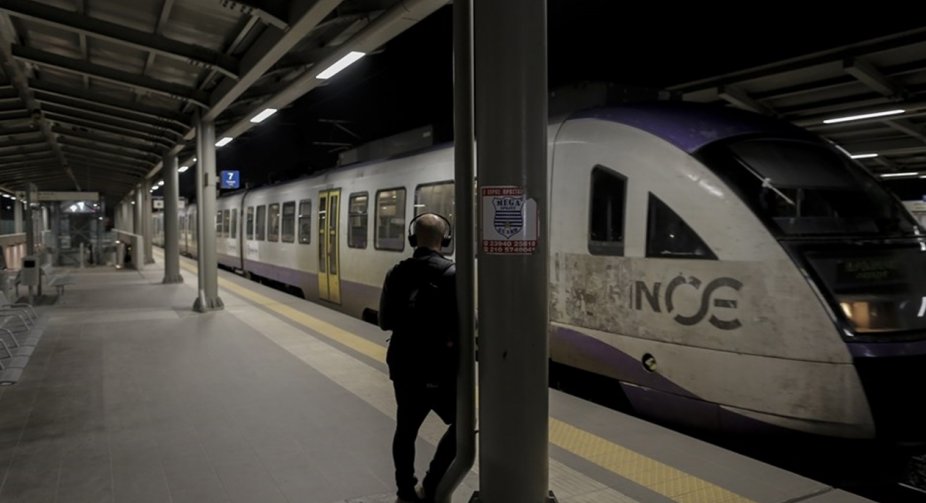Greece reopened some train routes on Wednesday, three weeks after a deadly train crash forced authorities to suspend all rail services across the country due to safety concerns.
This is reported by Reuters.
All passenger and freight services were halted after passenger and freight trains carrying more than 350 people collided head-on on a single track near the city of Larissa on February 28, killing 57 people.
The Athens-Thessalonica rail disaster, the deadliest in Greek history, sparked mass protests over safety flaws on the network, a legacy of the decade-long financial crisis that ended in 2018.
The government acknowledged delays in installing modern security systems across the network and ordered a judicial inquiry, but blamed the disaster largely on human factors. Rail unions say the government has repeatedly ignored their calls to improve the safety system.
Police detained four railway workers, including a station duty officer, after a magistrate charged them with disrupting public transport, which resulted in the death of people.
The Greek regulator also said last week that the station manager and other workers had "inadequate" training.
"We will do everything possible to restore the trust of our passengers," said the general director of the railway agency OSE, Panagiotis Terezakis, at the Athens Central Station before the first trains began to run.
"Given that the train is the most ecologically clean mode of transport, it is worth making every effort to quickly and safely restore the railway connection," Terezakis said.
According to Terezakis, rail services will be gradually restored over the next five weeks. He added that trains will run at slower speeds and with more staff at stations for travel safety.
